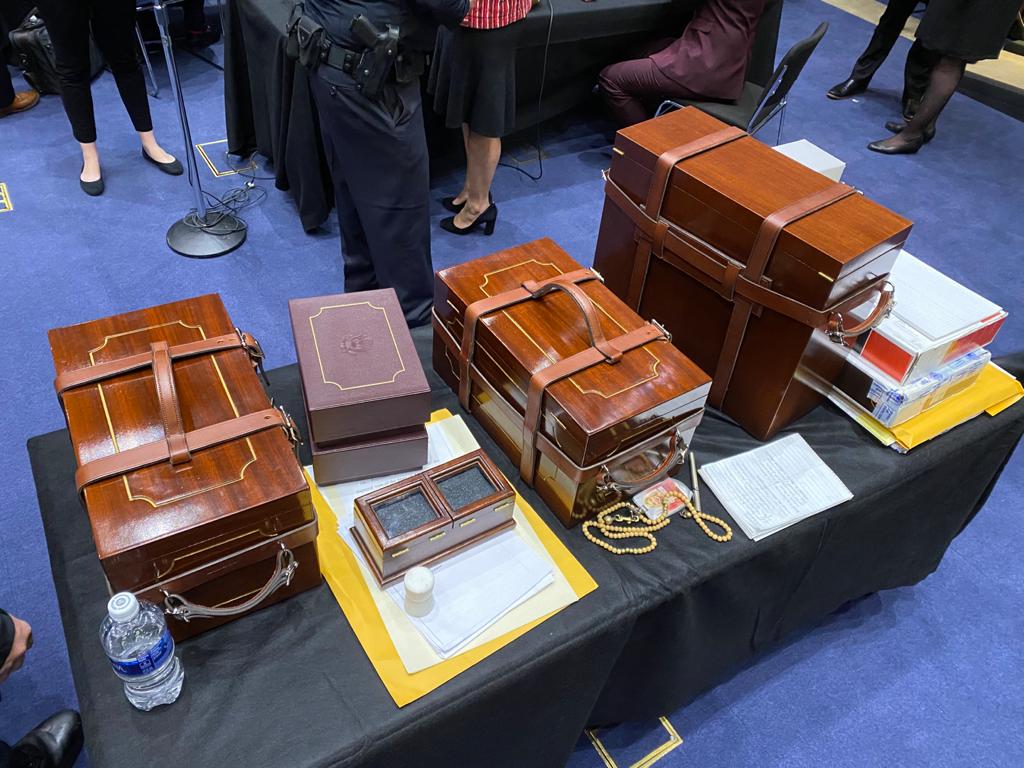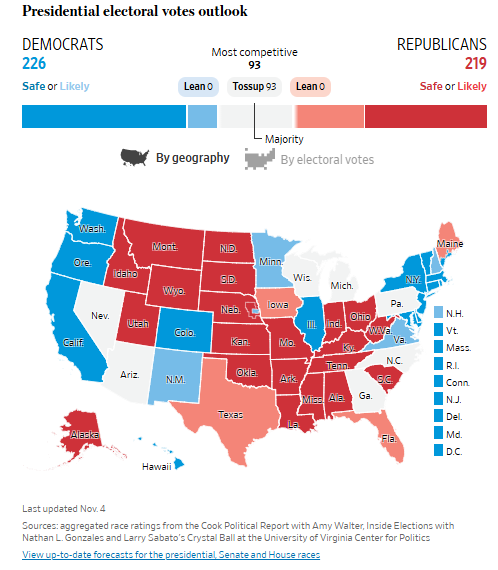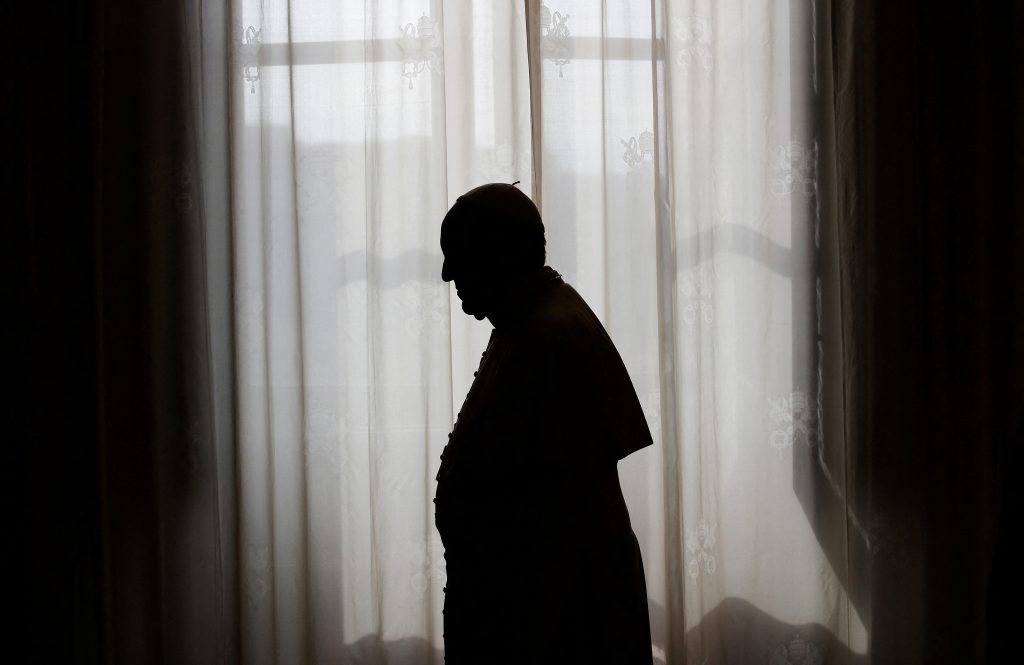The vote for president is a popularity contest, with a big twist.
When Americans cast their votes for president, they aren’t voting directly for former President Donald Trump or Vice President Kamala Harris , but for their preferred candidate’s slate of electors, who are chosen by political parties in each state. And almost all states are winner take all, meaning whether a candidate wins a race by one vote or a million, they get the electoral votes.
That sets up the possibility—particularly in a close race like this year—that the winner of the popular vote doesn’t win the presidency.
How many electoral votes are there?
The number of electors for each state is equal to the size of that state’s congressional delegation, so more populous states have more electors. California has the most, with 54. At the low end, several states including Wyoming and Delaware have just three. Washington, D.C., which doesn’t have voting representation in Congress, has three electoral votes as well. In all, there are 538 electoral votes.
How many electoral votes does it take to win the presidential election?
The winner needs 270 electoral votes to win, representing just over half of the 538 total votes.
How do individual states’ Electoral College rules differ?
Nearly all states award all of their electors to the candidate who won the popular vote statewide. But in Nebraska and Maine, two electors are awarded for the statewide winner and one elector is also awarded for the winner of each congressional district—meaning that those states could certify electors for more than one candidate.
How does the Electoral College differ from the popular vote?
In recent years, the issue of the popular vote vs. the Electoral College vote has become more fraught. In 2016, Democrat Hillary Clinton won the national popular vote but lost the electoral vote to Trump, who became president. In 2000, Democrat Al Gore won the popular vote, but Republican George W. Bush narrowly received more electoral votes after a disputed result in Florida.
Why do we have an Electoral College?
The country’s founders established the Electoral College in the Constitution as a compromise method for choosing a president. Some of the framers were concerned about the wisdom and logistics of a direct election, where a president would be chosen by the popular vote. Other framers wanted Congress to choose the country’s leader.
What are some criticisms of the Electoral College?
Opponents have argued the system can distort the will of the people, because it is possible for the winner of the Electoral College to have lost the national popular vote, such as in 2000 and 2016. Others argue the Electoral College gives outsize power to smaller states, which have a disproportionate number of electoral votes.
Nearly two-thirds of Americans would prefer the president to be elected by the popular vote instead of the Electoral College, according to a survey published in September by the Pew Research Center. About a third of the adults surveyed wanted to keep the Electoral College system.
Who favors the Electoral College?
Pew found that Republicans were more likely than Democrats to prefer maintaining the Electoral College. Proponents argue the system encourages candidates to focus on smaller states and not just the most densely populated ones.
What are ‘faithless electors,’ and could they go rogue?
Some of the 538 Electoral College members on rare occasions have voted against the candidate to whom they were pledged. These members are known as “faithless electors.” They have never voted in large enough numbers to affect the election results. There were seven faithless electors in 2016 , which is the most in recent history. There were none in 2020.
The Supreme Court ruled earlier in 2020 that states can prohibit presidential electors from breaking rank. Some states penalize faithless electors while some don’t.
The Democratic and Republican parties have increased their vetting of potential electors to make sure they will vote in line with their state’s results, said Daniel Weiner, the director of the elections and government program at New York University’s Brennan Center for Justice, a public-policy think tank. He said he doesn’t believe faithless electors pose a threat to the integrity of the 2024 election.
Which states will determine the election?
The seven battleground states are Arizona, Georgia, Michigan, Nevada, North Carolina, Pennsylvania and Wisconsin. These states have flipped between voting for Democrats and Republicans. Donald Trump and Kamala Harris each have multiple paths to victory involving the battleground states. The clearest way for Trump is to hang on to the Sunbelt states. Harris’s best path goes through Michigan, Pennsylvania and Wisconsin, known as the “blue wall” states.
When does the Electoral College vote?
After states certify their results on Dec. 11, the electors are scheduled to meet in their states on Dec. 17 and cast their votes for president and vice president. The results are sent to the U.S. Archivist and the president of the Senate, according to the U.S. Election Assistance Commission. Congress is set to certify the results of the Electoral College vote on Jan. 6, 2025.
What happens if there is a tie?
The House of Representatives would choose the president in the event of a tie, with the representatives from each state having one vote altogether. The Senate would choose the vice president. Both chambers must have at least two-thirds of their members present during their votes. Whichever candidate gets the majority of the vote wins.
These contingencies were laid out in the 12th Amendment, which was passed after Thomas Jefferson and Aaron Burr tied in the 1800 election. Jefferson won after 36 rounds of votes.
Write to Alyssa Lukpat at alyssa.lukpat@wsj.com , Lindsay Wise at lindsay.wise@wsj.com and Siobhan Hughes at Siobhan.hughes@wsj.com




